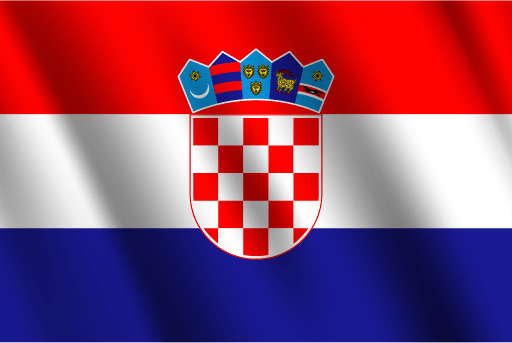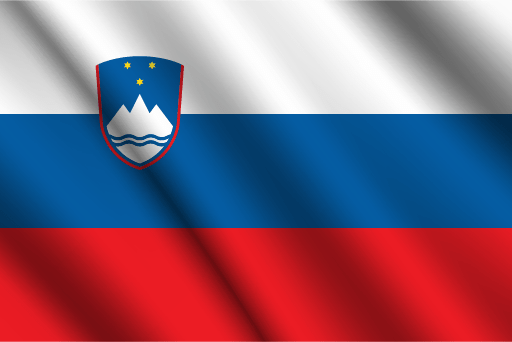






The tunES project will optimise Energy Performance Certificate (EPC) regulation and integrate it with the Smart Readiness Indicator (SRI) roll-out in 7 national Energy Agencies, representing 132 million citizens and develop guidance for other Member States. The project will yield two major results:
Other Member States are invited to follow the project by using the evidence collection and/or applying the methodological guidance and receiving support from the research organisations, forming the Technical Support Team (TST). To follow the project write us an email.
Member States (MS) are facing common challenges to make EPC and SRI work: the goal is to maximise the impact of upcoming national policy measures on both instruments and exploiting synergies of their integration in order to trigger energy savings, while simultaneously avoiding unnecessary administrative burden and other transaction costs all of which requires consistency across instruments.
tunES structures this challenge into five building blocks to collect, share, implement and replicate good practice:
The results will be published in a continuously growing compendium.
The following graphic summarises the progress and stages of the methodology as well as key results.
The Final Report provides more detail on the method used in tunES project and results.
Seven MS are represented in tunES through the energy agency organisations of Austria (AEA), Croatia (EHIP), Greece (CRES), Hungary (EMI), Italy (ENEA), Poland (KAPE) and Slovenia (JSI).
Technical support is provided by EMPIRICA (coordinator), who provides BRG services in multiple framework contracts with the EC and will be supported by technical experts from UNICAS, DTU, LUT to analyse experience across countries, as well as to support and assist MS relating technical issues.